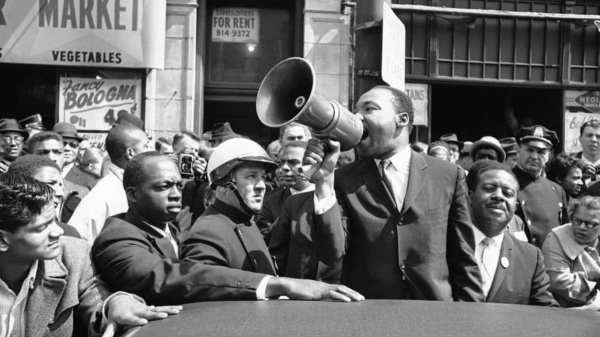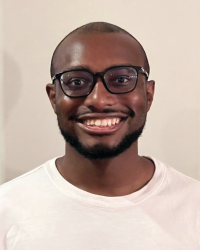A bit of our fear around the discussion of race stems from how we view ourselves regarding the concept of Blackness. I say “concept” because we know that race is a social construct. It has real-world consequences for how our lives play out.
Part of the root of this stems from how we as an American society tend to do the so-called polite thing by attempting to be “colorblind” or not to see race. Colorblindness seems to function as a Catch-22 in that you say you don’t see color yet simultaneously acknowledge that color exists, creating a paradox.
I witnessed the paradox of not seeing color in teaching an undergraduate English first-year writing course while I was in my master's program. My class was reading an article about why it is so difficult to imagine a Black Superman and the difficulties within that on a social level. Usually, we had very open and honest conversations about social issues, yet there seemed to be some confusion about what to say and how to talk about this. One student said that he didn’t think race would impact Superman and that making him Black wouldn’t be strange. I asked the class what they meant by that, and they said they just don’t think about the race of superheroes. Others in the class, which was a majority white class, agreed.
I then asked them why they felt that it wouldn’t matter, and they said people would be accepting of a Black Superman if they didn’t make it about him being Black. One student explained what they meant by saying it's one thing to have a superhero be a different race, but if you make a big deal out of it, it will be a problem.
I then asked them to name an example of that being done, and they said, “well, you.” Now, at first, I was confused and quite frankly shocked that they would pick me mostly since, yes, I am Black, and I am also a real person. Though the student said I am Black, they didn’t see it as a big deal. Other students nodded their heads and agreed. I asked them how many had seen a teacher or had a teacher in their K-12 or college experience that looked like me. None raised their hand to say they had one who looked like me.
This felt in line with how we have taken a figure like Dr. Martin Luther King, Jr. and treated his holiday.
We – and by we, I mostly mean white America – see Dr. King at this point as a figure who was about not seeing race, or being colorblind. This perception of Dr. King can be seen in the fact that even at the school where I was teaching, they treated Dr. Martin Luther King Jr. Day as a day to work helping others to strive not to look at differences. Dr. King was committed to seeing racial equality, as seen in his letters from the Birmingham jail. In this letter, Dr. King calls for changing hearts and minds.
I believe Dr. King would have wanted us as a society to commit to this. During this upcoming holiday, I would ask us to think about how we are talking about race, and how we are seeing others who are different from us. We can choose to continue the great work Dr. Martin Luther King, Jr. started for us.
Author: Christian Farrior

